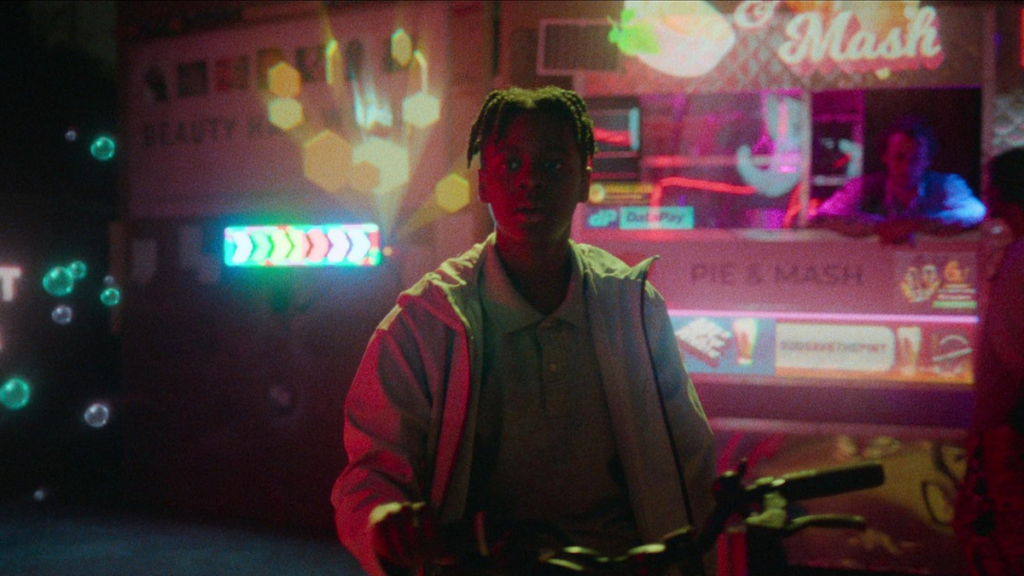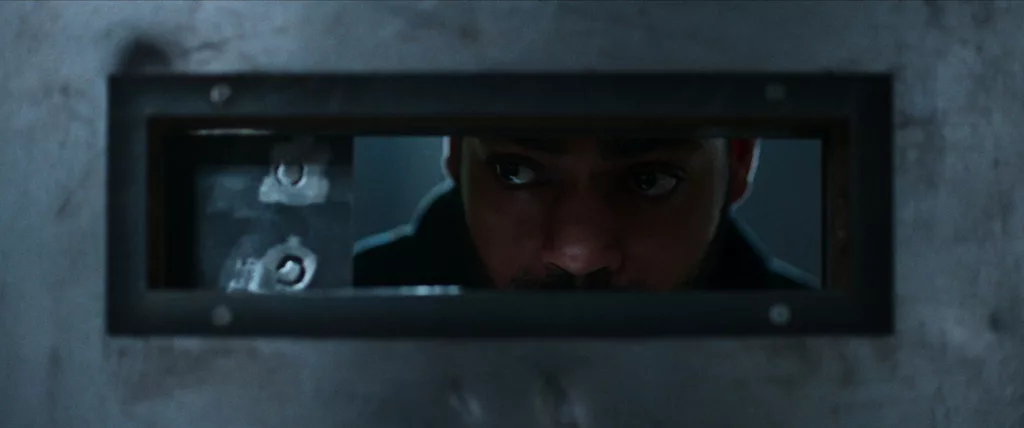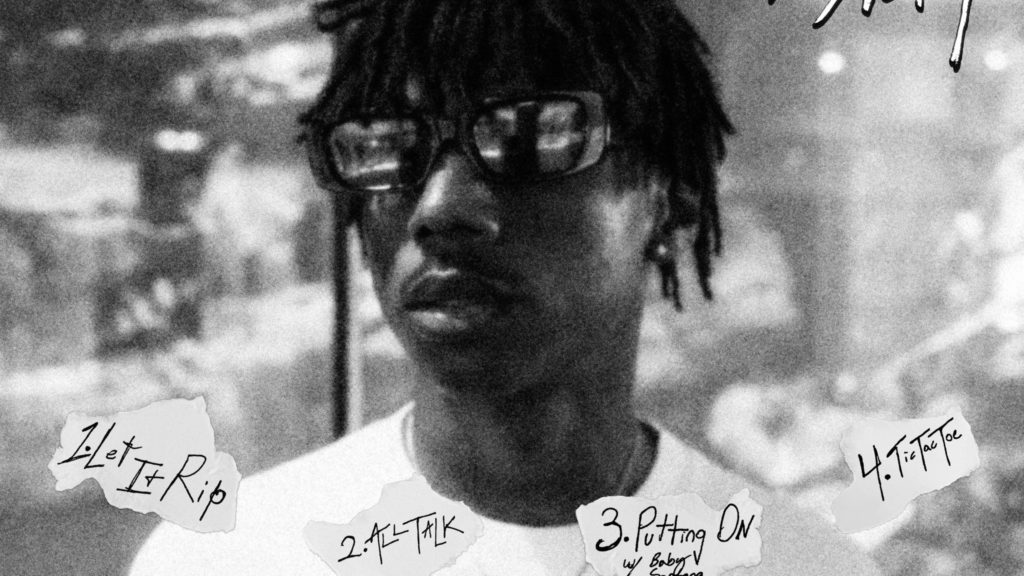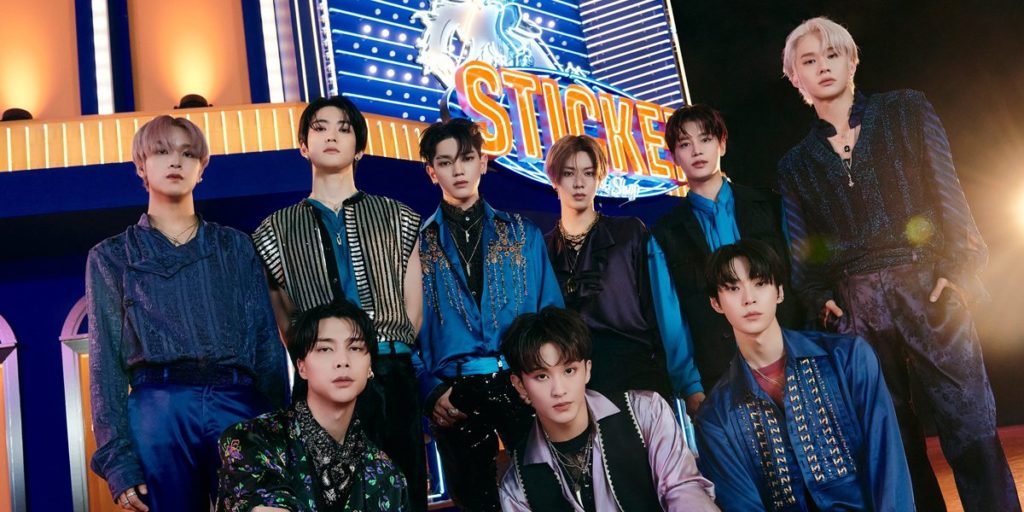First Impressions: Classism, Community, and Character Development in The Kitchen

From Black Mirror to Nope, Daniel Kaluuya is no stranger to starring in Black sci-fi stories. The Academy Award-winning actor stepped behind the camera for his directorial debut with The Kitchen (2023). After premiering at the BFI London Film Festival in October 2023, Netflix released the film for streaming on January 19. Kaluuya and co-director Kibwe Tavares bring viewers to a dystopian future where Londoners must find resilience amidst classism and forced displacement.
Into The Kitchen
The Kitchen imagines the potential fate of London’s lower class through a blend of modernity and futurism. The title refers to the name of the housing complex serving as the story’s main setting. The Kitchen is the last remaining public housing in this futuristic London facing demolition. Occupants of the estate face overpopulation, a lack of resources, and frequent physical aggression from police officers. The film’s uncanny reflection of reality and unique critique of society leave a strong impression on viewers.
The plot follows Izi, a single man working at a funeral home with hopes of soon moving out of The Kitchen. His self-centered nature is challenged when he meets a young boy named Benji, who is left to fend for himself after the death of his mother. Benji searches for guidance and community within the dangers of The Kitchen. The movie unexpectedly develops into an emotional exploration of morality as Izi must reconsider his priorities in life.

The Cast
The majority Black cast adds relatability for Black viewers. Even despite the extreme circumstances the residents face, there is still room for music, culture, and celebration. The Kitchen strongly showcases that Black people deserve major roles in sci-fi stories, and their identities do not have to be compromised.
Actor and rapper Kane Robinson, popularly known as Kano, delivers a memorable performance of character development through his role as Izi. The opening scene introduces him as he showers despite an announcement that water is scarce. The flashing alarms and desperate shouts from residents waiting outside are disregarded, and Izi’s individualistic mindset shows. His conversations with others throughout the film slowly unveil emotions suppressed by the weight of The Kitchen.
Jedaiah Bannerman hits the ground running in his acting debut as Benji. Fueled by curiosity and searching for family after loss, his character adds a fresh perspective to the story. Benji experiences the conditions of The Kitchen for the first time alongside the audience. The fragile nature of Benji’s circumstances evokes attachment within viewers. His perspective also offers insight into the effects environment and role models can have on Black youth in desperate times.
Hope Ikpoku Jnr embodies resistance in the role of Staples. The young leader takes the initiative to direct acts of retaliation against the authorities and upper class. Staples shows a turbulent reaction to the conditions of The Kitchen. While Izi buries his emotions inside — turning to isolation and escape — Staples chooses to fight back in defense of the community. This is reflected in the tense interactions between the two and their respective influences on Benji.

Though the film follows these three characters, every resident of The Kitchen supports the delivery of the story’s message.
The Fate of Black Futures
From the characters to the soundtrack, The Kitchen effectively presents a relatable Black sci-fi movie. The lack of unnatural slang and inaccurate representations of culture is refreshing; it is evident that the story was written from a place of understanding and experience. The context of the film also proudly challenges pre-existing stereotypes.
While there is a slow start, the raw emotions and thought-provoking story are worth it, and it leaves room for more development and background into The Kitchen. Kaluuya and Tavares created a timeless conversation piece by using a Black speculative lens to spotlight real issues in underprivileged communities. The similarities between reality and their London dystopia force the audience to recognize the urgency for change.
Want more on Black films? Check out this piece on existential Blackness in films and TV shows here!



